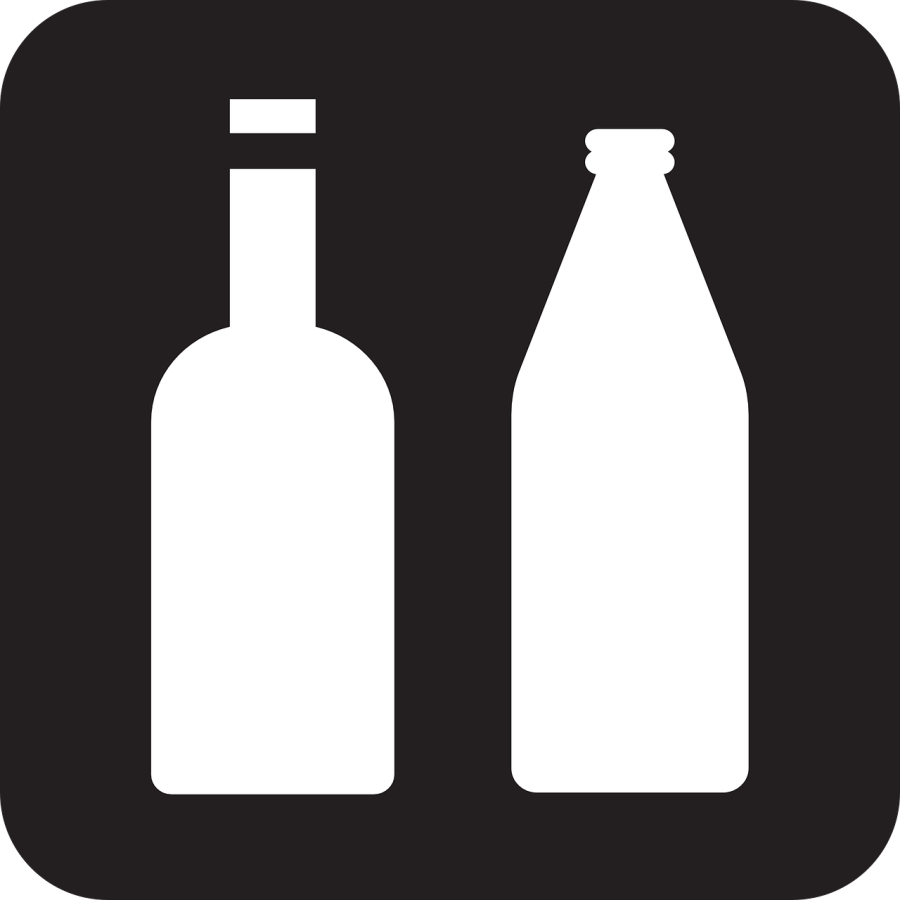Banning Sale of Bottled Water on Campus is Necessary In Becoming A More Environmentally Conscious Campus
At UCSD, freshmen are greeted with open arms, words of motivation and water bottles in their welcome packs. While the campus is known for its strong commitment to sustainability, it has yet to follow hundreds of other environmentally-conscious campuses across the nation by neglecting to ban the sale of plastic water bottles. By encouraging reusability, UCSD can benefit the environment, save students money and, ultimately, change student culture to make reusable bottles the norm.
To continue selling disposable bottles would support taking something that is freely accessible to everyone, privatizing it, and packaging it into a non-reusable container. Reducing usage of plastic bottled water is a small change students have to make for a substantial impact. And the impact is substantial. According to the Ban the Bottle initiative, the Harvard School of Public Health has eliminated 1000 plastic bottles a week from the waste stream through cutting bottled water sales from its cafeteria. Using reusable bottles is a tangible, sustainable practice that students can get behind. With the prevalence of hydration stations and the availability of tap water, there should be no reason to buy disposable bottled water in the first place.
Critics of this issue argue that bottled water is safer than tap water. However, according to Dr. Gina Solomon, scientist at the Natural Resources Defense Council, public water is regulated by the Environmental Protection Agency, which requires multiple daily tests and makes results publicly available. On the contrary, the Food and Drug Administration regulates bottled water, and it requires significantly less testing and does not share its findings with the EPA or public. Even if some do not like the taste of tap water, water filters are convenient, safe alternatives. In addition, some contend that since plastic bottles are recyclable, they are environmentally friendly. Yet, as stated by Ban the Bottle, the average recycling rate for plastic in the U.S. is 23 percent. Recycling is not a common practice, and, even still, it certainly does not take precedence to reusing bottles.
Despite criticisms, movements on college campus to ban bottled water have been gaining significant traction across the country. Through supporting this initiative, UCSD would be reforming opinions to make reusable bottles more
— AARTHI VENKAT Staff Writer
By Not Addressing Sales of Plastic Cups and Bottled Beverages, Ban on Water Bottles Fails to Address Larger Issues
While well-intended and environmentally friendly, the proposed banning of plastic bottles at HDH markets is hypocritical and ineffective in solving the larger issue of plastic waste at UCSD. First, the proposed banning of plastic bottles would only apply to bottled water, which would exclude plastic cups used at the HDH markets for the sale of coffee, smoothies, and soft drinks. The continued sale of plastic cups diminishes any marginal positive impact of banning the sale of water plastic bottles. Why HDH remains exempt from the environmental standards it enforces upon bottled water manufacturers is probably because it’s easier to direct attention to other’s faults than address one’s own. Second, the purchase of plastic bottled water is often one out of desperate need. With the plethora of bottled soft drinks and sugar filled juices, water is the healthiest alternative to these bottled drinks. An individual looking for an on-the-go drink may choose a bottled soda in the event he or she does not have a water bottle than a bottle of water. The need for a single-use container of water is still needed as an emergency alternative for those who forget to bring their bottles of water and regardless of whether bottled water is still available, people can still choose to purchase other bottled drinks, thus diminishing any impact of banning bottled water. Third, plastic water bottles are reused by certain individuals and used for DIY projects for others. A simple Google search of “DIY Projects with plastic bottles” brings up a plethora of lists and ideas ranging from how to decorate one’s room to functional life hacks.
More effective alternatives include replacing all the plastic cups the HDH uses to serve coffee and smoothies with a recyclable paper alternative, replacing all the bottled plastic drinks at the halls with a more eco-friendly alternative container, and raising the price of bottled drinks to encourage individuals to use reusable water bottles. Even cans, paper cartons, and glass containers are more easily recycled than their plastic counterparts. Recently, a company called Ooho! has been working on an edible seaweed based gelatin like container for water. While it’s not being sold yet, it certainly indicates a positive trend of environmentalism.
While the initiative to ban plastic water bottles expresses a well-intentioned desire to limit the impact humans have upon the environment, this specific initiative is flawed and ought to be done more impactfully.
— ALEXANDER CHEN Staff Writer








